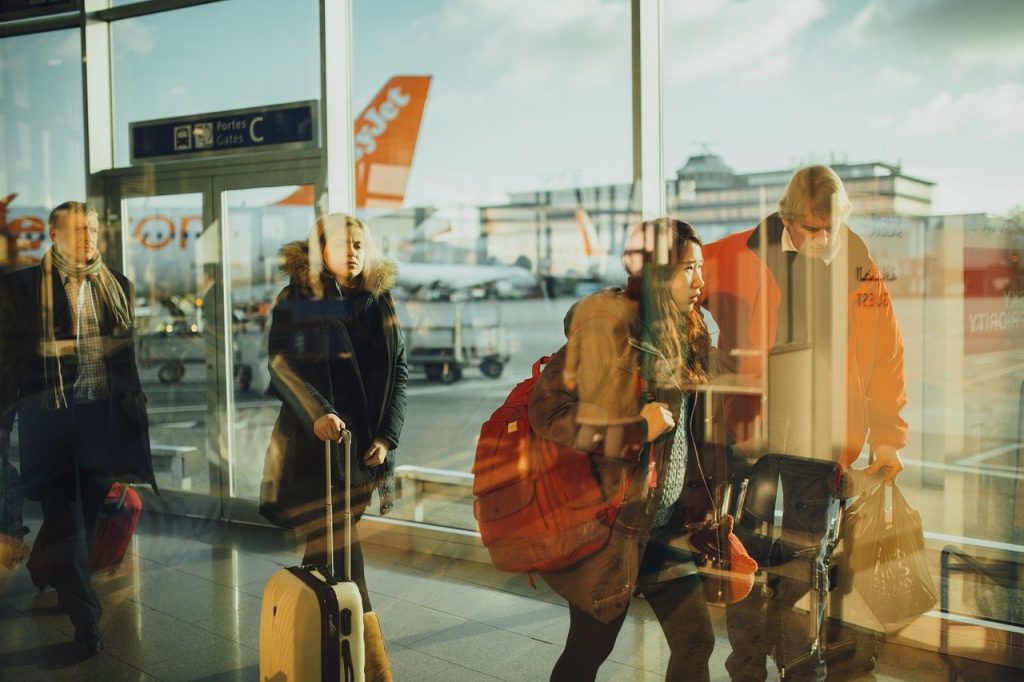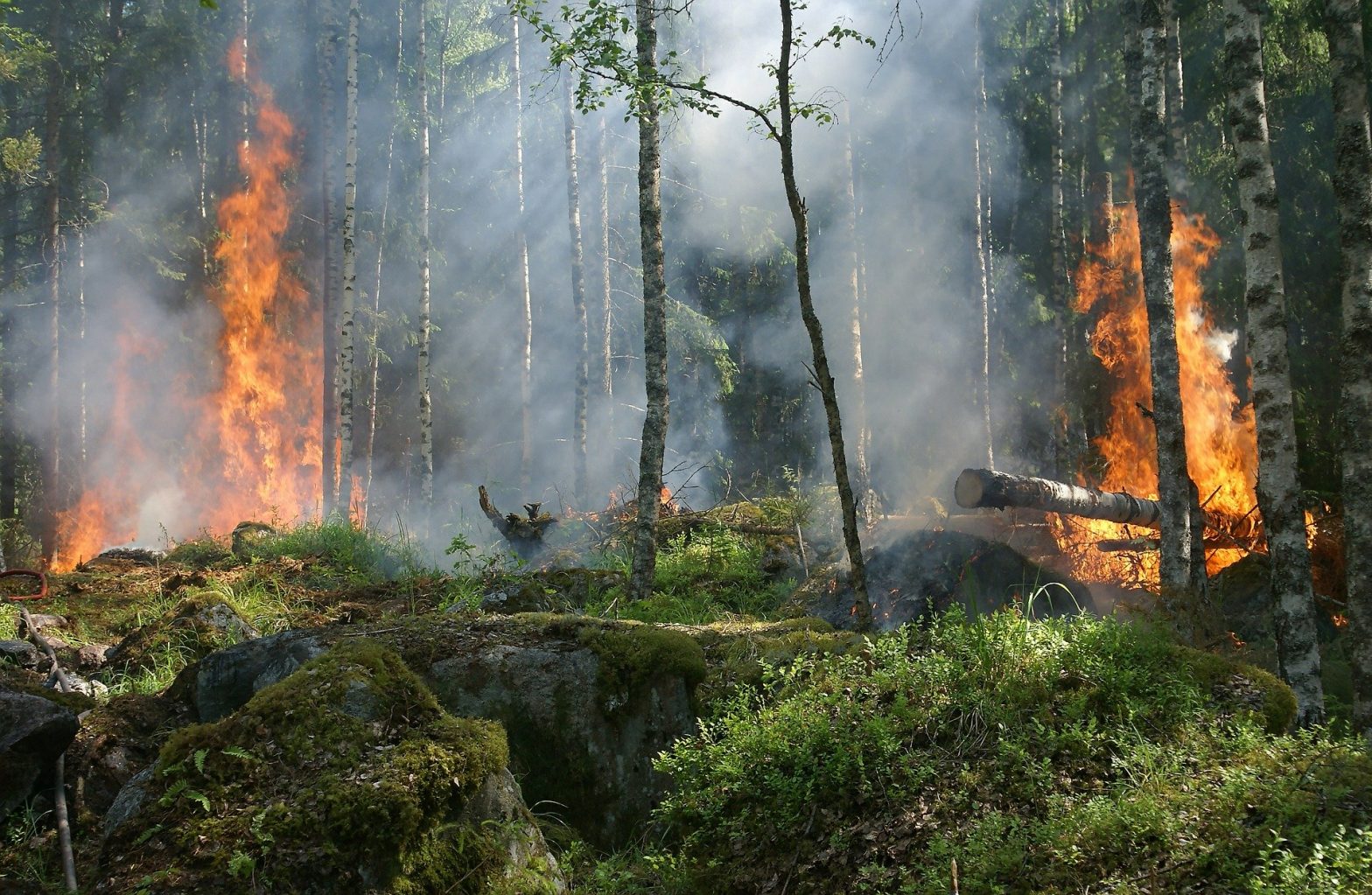We go on holiday to get away from our worries and concerns, but sometimes holidays can go wrong! With recent volcanic eruptions in New Zealand, terrible fires in Australia and coronavirus slowly spreading its way across the world, it’s no wonder that many people are concerned that something will go wrong on their travels. With no way to guarantee our complete safety, must we simply stop travelling and remain in our home countries forever?
No, of course not! Not only does that sound a little dull, but there is also no guarantee that natural disasters cannot strike you down in your hometown just as readily as anywhere else – and, looking on the bright side, the likelihood of this happening at all is very low!
Instead, plan your holidays with care and, while trying to take every precaution to ensure your own safety, get out there, explore the world and have a little fun! Here are some examples of what you can do to stay as safe as possible.
1 Check government guidelines
Before you book your tickets, and then again before you travel, make sure you are up to date with the news and government guidance on the country you are planning to travel to – and you may want to keep an eye on the surrounding countries too, just in case, especially in more politically volatile areas. Should something happen while you are in one of these countries, get yourself quickly and unobtrusively to the nearest embassy: once inside you should be looked after and repatriated through diplomatic channels.
2 Insure yourself
Investing a modest sum in an insurance policy that will get you home and cover any costs (should you end up with a problem in a foreign country) is a must. Passport replacement, accommodation, health care and compensation for loss of property or holiday bookings may not be the same as enjoying a lengthy and leisurely holiday, but the right insurance can provide peace of mind, material objects, and cold, hard cash that can go some way to alleviating your distress in the unlikely event something goes wrong.
3 Enable geo-tagging/find my phone
Obviously, this one depends on the data plan you are travelling on – no one wants to come home to a bill of thousands – but having your location always on can enable family and friends back home to monitor your travels, raising the alarm should you seem to stop for too long. Plus, of course, having your phone handy, charged and ready to use can be a great way for you to stay in touch with your family and get an outsider’s view of whatever is happening in the country you’re travelling in.

4 Make it a short one
If you are genuinely distressed at the thought of something going wrong while you are travelling, keep your holiday shorter than you would otherwise do. Short trips, close to home, will be more manageable for sensitive travellers, with the psychological knowledge that home is not too far away helping to soothe frayed nerves. One or two successful shorter trips may even encourage you to try going a bit further afield the next time.

Do not fret if you are one of the above-mentioned nervous travellers, almost everyone experiences worries of one kind or another. 10% of us reportedly worry about losing or being robbed of their belongings while abroad, for example. Common sense will often help you here: keep valuables hidden, don’t wander off the beaten track and stick close to your guide, if you have one. If the airline loses your baggage, there is little to be done, but do keep an inventory of everything packed in each bag, so you can correctly fill in any claim forms.
The best way to deal with the unexpected – such as being caught up in a natural disaster while on holiday – is to have an idea in the back of your mind of what you will do. Knowing that you have considered all your options, that you have taken as many precautions as possible – and have still been brave enough to explore the world – should give you a sense of achievement and the confidence to deal with whatever may befall you.

